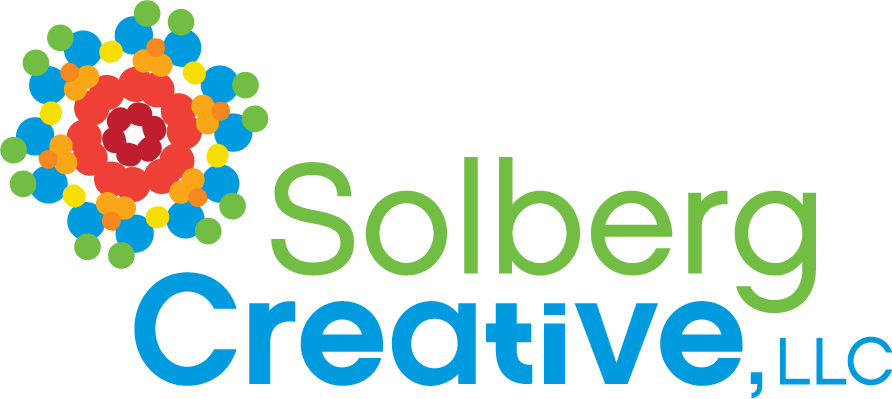Are you considering developing an online course based on your expertise to develop a new source of income? This is an increasingly popular option, especially for people who want to find new avenues to promote their subject matter expertise and perhaps build a new source of passive income. Here’s what we learned.
Online Course Creation Platforms
Essentially, there are two types of online course creation platforms. Which is best for you depends on your specific needs.
- Course marketplaces. In a course marketplace, your course is part of a larger catalog of courses and instructors, such as MasterClass. You can charge a fee for your course. It’s a massively popular site, with user options including simply buying one class to having an unlimited membership to take as many classes as someone wants. Some marketplaces let you publish a course for free, but take a share of the earnings. This can be a good option for someone who just wants to try out the online education sector, because the risk is lower and a popular platform like MasterClass has a large existing student body. However, the marketplaces don’t tend to allow much customization other than the home page, so many of the courses end up looking alike.
- Course creation software. There are various types of software out there that allow you many more customization options, not to mention keeping all your course fees. You can create branded landing pages, choose from multiple content formats when building your course (video, PowerPoint, PDF), and access to tools to market your course. These usually charge a fixed monthly fee, although some platforms also charge a transaction fee. The customization process and the marketing process could be more labor-intensive, but you have more control over the final product.
Different Software Platforms
We researched several options for our client, who ended up selecting the software approach. Then we took a look at three of the prominent software solutions and their pros and cons.
Kajabi. This is a good jack-of-all-trades platform that offers great tech support. However, it doesn’t work well with WordPress, so if you’re trying to integrate the courses as part of your own website, this may not be the best choice. However, there are ways to have Kajabi link to WordPress, and though it’s not a full integration, there is some flexibility there. It offers a free version that’s bare bones with fees to customize or add basic services such as collecting payments or making sales. Paid versions run from $119-319. The paid software is the only way to get unlimited landing pages and marketing emails, and each tier has a limit to the number of active customers, from 1,000-20,000. Kajabi has a sizable library of landing page templates to choose from that are easy to get up and running. Their themes are all mobile responsive too, making them easy for users on phones and tablets. Typical users are freelancers and small- to mid-sized businesses.
Thinkific. On various software review sites, Thinkific tends to get higher ratings from users (but keep in mind that user reviews should be taken with a grain of salt overall). The platform offers a free version with no transaction fees and is known to integrate well with WordPress. However, the free plan offers little customization. The next tiers of plans go from $74-374 per month to have access to the ability to customize, as well as have larger communities and number of administrators. That makes it attractive for anyone from freelancers to large enterprises. It includes the ability to offer downloadable files as part of the course. It also offers the ability to do segmented mass emails to current and potential customers.
Teachable. Teachable currently has four plans available, ranging from free (but with transaction fees on sales) to a business plan for $249 per month. The more you pay, the more customization you can do. There’s been chatter online that Teachable is about to discontinue the free plan for people with more than 10 students. All the plans currently offer integrated payment processing, tax handling, and referral marketing. The free plan does not offer email or affiliate marketing or reporting services. Teachable is used by everyone from freelancers to large enterprises. The software was designed for people who have no coding experience to be as user-friendly as possible.
If you’re interested in developing your own branded course online, contact us for more information on how we can help you.

